As United Nations climate negotiations in Baku pass the halfway mark, little progress has been made on the crucial issue of financing climate action, leaving significant challenges for the second week of talks.
The first week of COP29 saw more distractions than breakthroughs, particularly on how much funding wealthy nations should provide to developing countries for transitioning away from fossil fuels, adapting to climate impacts, and addressing climate-related damage. However, with ministers set to arrive for high-level discussions, expectations are rising for key political decisions.
A Trillion-Dollar Divide
At the heart of the deadlock is a vast gap in financial commitments. Developing nations are unified in their call for at least $1.3 trillion annually, arguing that this figure reflects their needs. In contrast, wealthy donor countries, led by the U.S. and Canada, insist on a much lower baseline of $100 billion—a stark difference that underscores the challenge ahead.
“Developing nations have been clear about what they require,” said Debbie Hillier of Mercy Corps. “Meanwhile, richer countries are deliberately avoiding setting a total figure, waiting until the last moment to put a number on the table.”
Harjeet Singh of the Fossil Fuel Non-Proliferation Treaty Initiative criticized donor nations for their reluctance to commit. “There has been no indication of the final sum, which is deeply concerning,” he said.
UN Climate Secretary Simon Stiell echoed concerns over the slow pace of negotiations, emphasizing that decisive action is needed. “The stakes in Baku are enormous—halving emissions this decade and safeguarding lives from escalating climate disasters depend on these talks moving forward swiftly,” he said.
Political Bargaining and the COP29 Presidency
As negotiations enter the critical second week, focus will shift from technical details to political decision-making, with finance and climate ministers stepping in to find common ground.
“At this stage, we expect to see tough negotiations and last-minute compromises,” said Ani Dasgupta, president of the World Resources Institute. “This is how these talks usually play out—through intense brinkmanship.”
The role of the COP29 president, Mukhtar Babayev, will also come under greater scrutiny. Unlike his predecessor, who was known for a more forceful approach, Babayev has adopted a more reserved, consensus-driven style.
“He brings a quiet, humble presence to the discussions,” noted UN Environment Programme chief Inger Andersen. However, Mohamed Adow of Power Shift Africa warned that “the presidency has yet to show how it will guide negotiations toward meaningful compromises.”
Babayev remained optimistic, stating, “We’ve made good progress, but there is still much work to do. Success depends on collaboration from all parties.”
Distractions and Controversies
The first week of talks was overshadowed by political tensions and external controversies. Azerbaijan’s President Ilham Aliyev made headlines with a provocative speech in which he criticized Armenia, took aim at Western media, and controversially described oil and gas as a “gift from the Gods.”
Aliyev’s comments, along with tensions between France and Azerbaijan, led to the French environment minister pulling out of the talks. Meanwhile, Argentina’s right-wing government recalled its delegation, raising concerns that the country might withdraw from the Paris Agreement.
Additionally, climate activists criticized the conference’s ties to the fossil fuel industry, citing Azerbaijan’s role as a major oil producer and the presence of over 1,700 fossil fuel-linked participants at the negotiations.
Looking Ahead
Despite the slow start, some delegates remain hopeful. Cedric Schuster, chair of the Alliance of Small Island States, emphasized the urgency of the talks. “Keeping global temperature rise below 1.5 degrees Celsius must remain the priority,” he said.
Others, like Climate Analytics CEO Bill Hare, warned that the sense of urgency was lacking. “Even with record-breaking heat and devastating climate disasters, the negotiations in Baku have yet to reflect the gravity of the crisis,” he said.
As the talks enter their final stretch, pressure is mounting for countries to bridge the financial gap and deliver a meaningful outcome. Whether a breakthrough is possible remains to be seen.
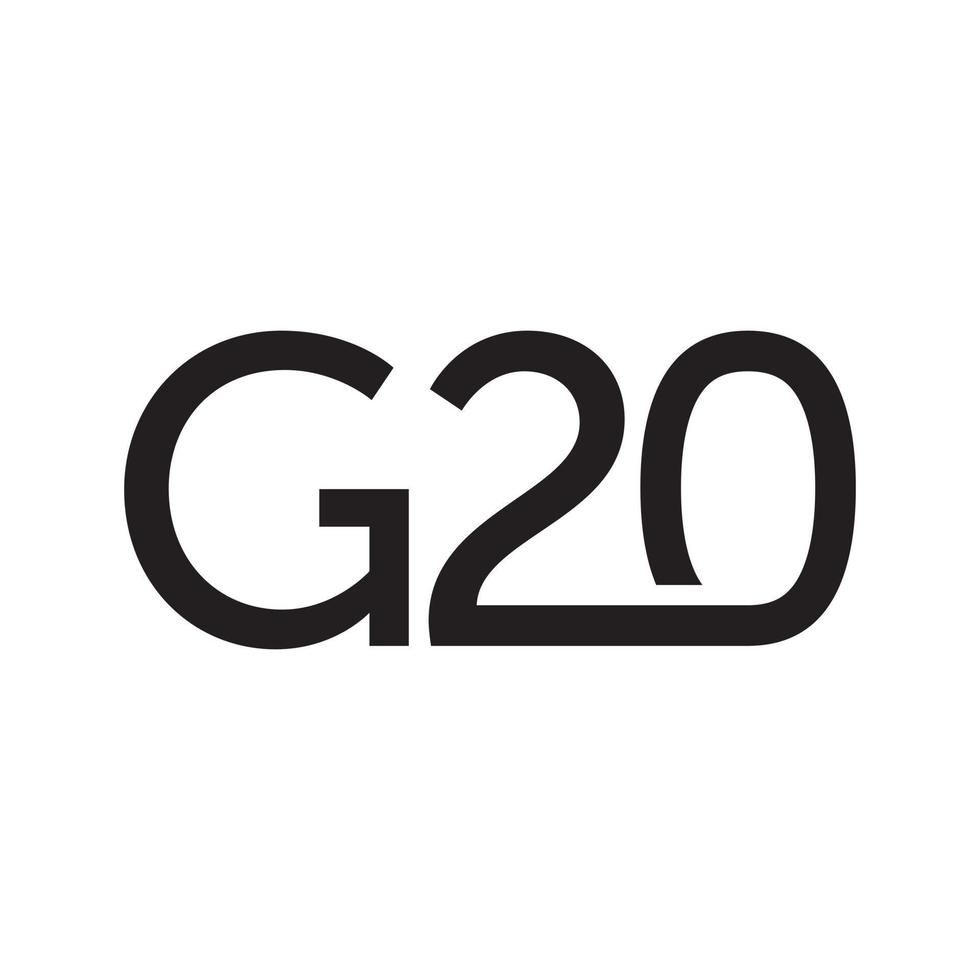
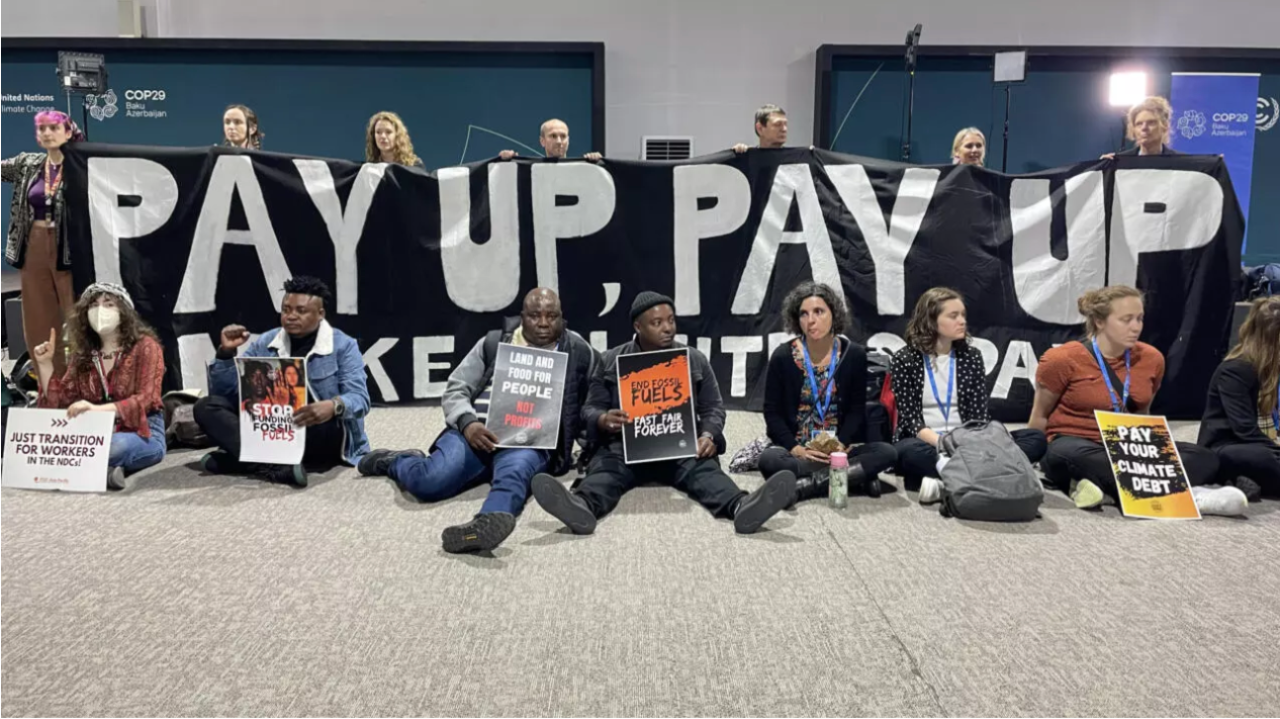


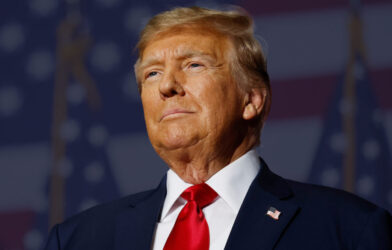
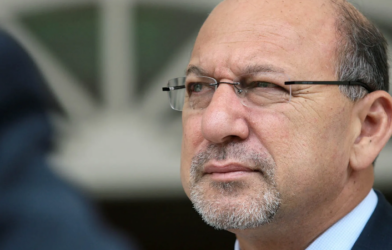
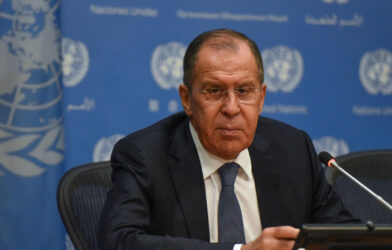

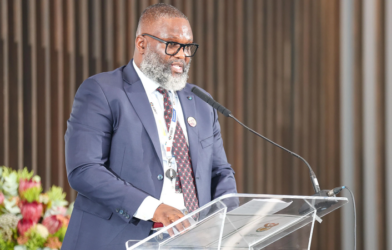
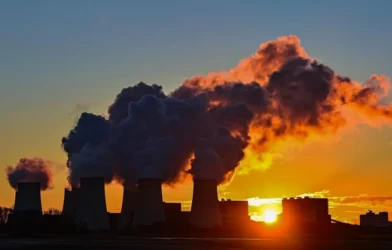
Comments are closed